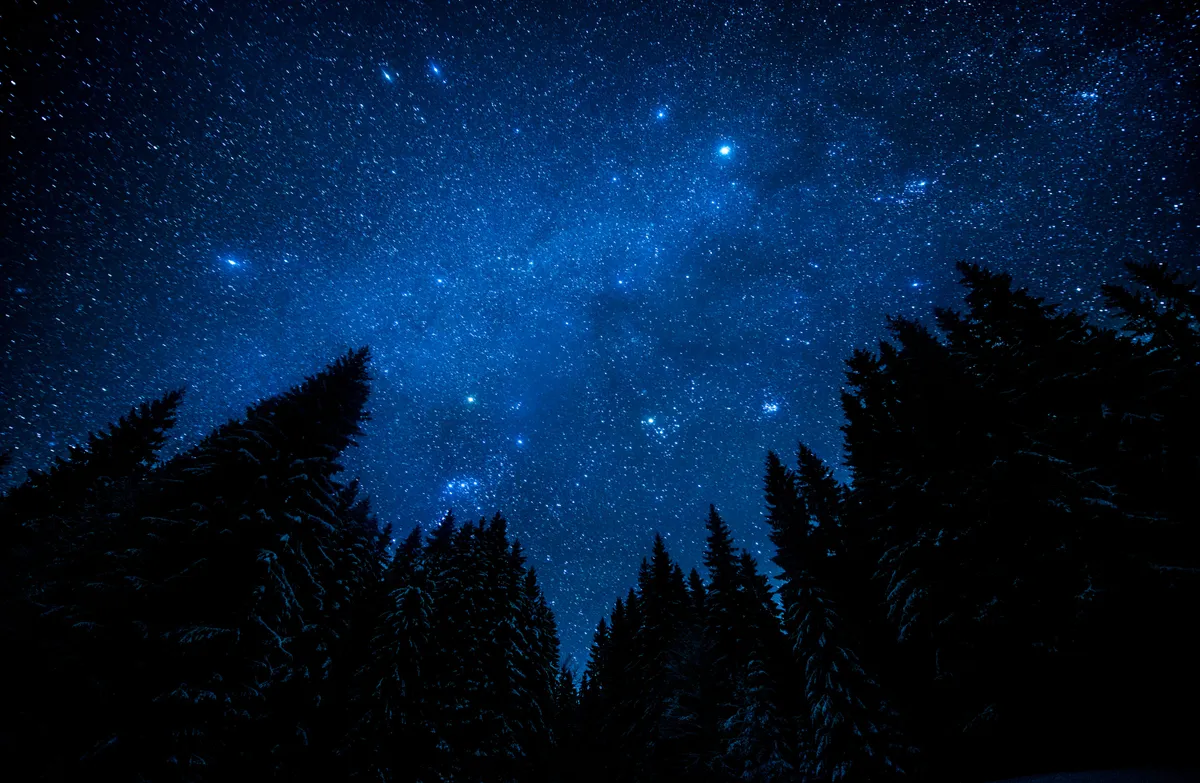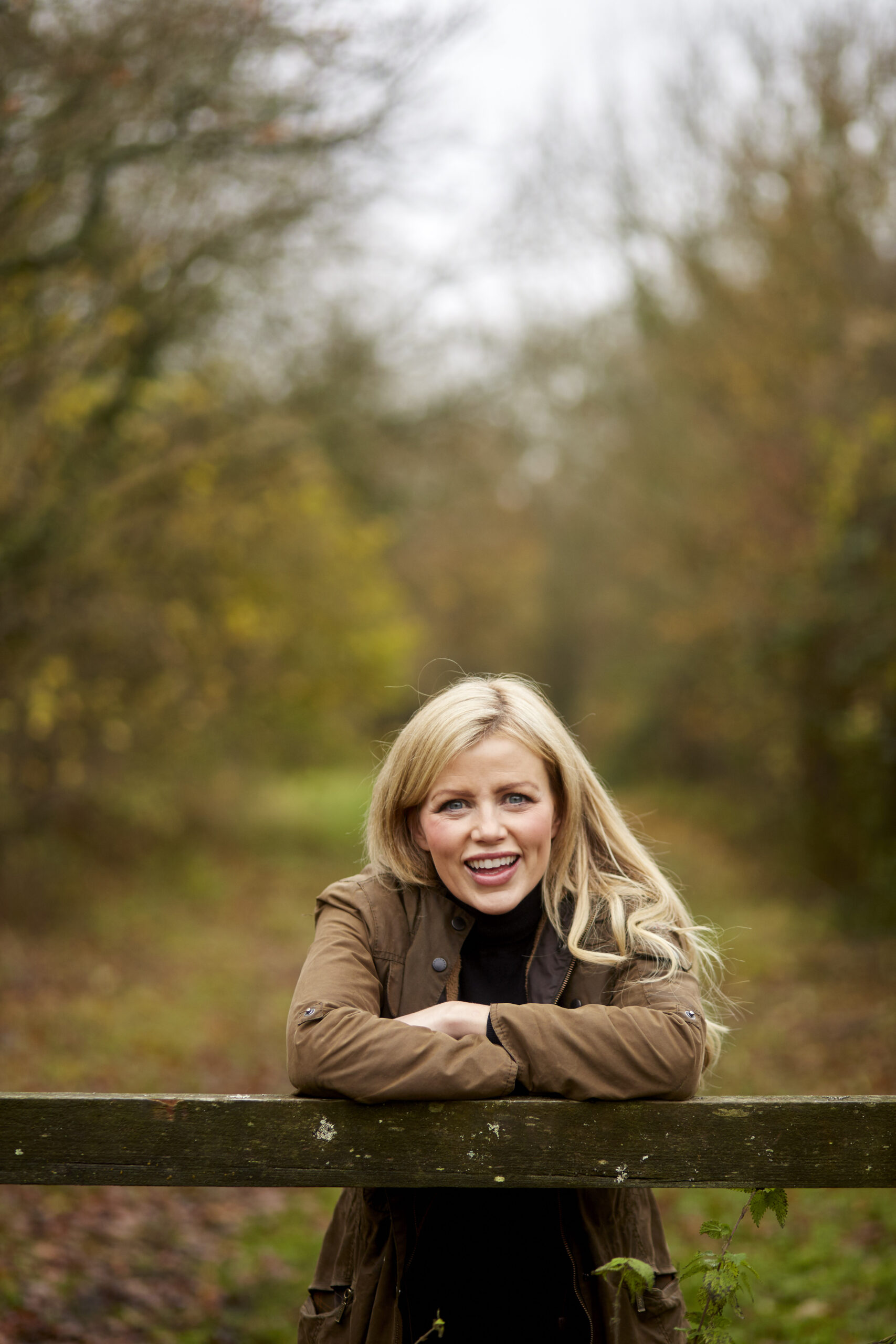Like Darth Vader at the end of Return of the Jedi, darkness wasn’t the villain we thought it was all along. As technology has allowed us to light up the night to protect us from the dark, it turns out to have been the very thing that harmed us. Our circadian clocks are now quite out of whack, giving us daytime physiology after dusk: alert brains, higher heart rate, temperature and cortisol and suppressed melatonin, creating what one scientist has called a ‘mini jet lag’ every day. No wonder we’re all so tired.
From the Industrial Age, cities began to glow as urban planners lit up the avenues with tens of thousands of gas lights. Today, 99% of us live under skies that are 10% brighter than their truly dark state. Near cities, cloudy skies are hundreds of times brighter than they were 200 years ago. Not much time to adapt.
Thankfully, the problem is now widely recognised and cities are looking at ways to darken the night while balancing the needs of safety and commerce. Replacing streetlights with lower energy LEDs has proved a popular choice for saving on the costs of lighting with incandescent bulbs in cities such as LA, New York, Shanghai and Copenhagen. LEDs are an improvement: they can be dimmed, directed and used with motion-sensing technology. But they have a lot of blue in their spectrum, which brightens the sky considerably.
An alternative is the simple ‘lights out’ movement, encouraging offices to turn off lights at night and using motion-sensing lighting on streets. Paris, one of the first cities to install street lights in the 1800s, recently passed a law requiring all businesses to turn off their lights between 1am and 7am. Not ideal for a cleaner on the night shift but a great idea nonetheless. But the focus on how artificial light hurts humans has largely ignored the effect on the natural world and we are only just beginning to learn about its impact on nocturnal ecology.
Cycle of life
Since the start of life on Earth, the precision of night after day has remained constant and informed the evolution and behaviour of all life. It is the backdrop that reveals information about time, season, location, direction and atmosphere: messages that determine survival. But now, this innate understanding about the world though night and day has become distorted – and has ultimately changed behaviour.

Animals that rely on astronavigation for migration, such as whales, birds and insects, become disorientated and fixed on artificial light. A study of dung beetles found that they moved in efficient straight lines in a planetarium with stars but moved chaotically without. For birds navigating off-course at night, wasting energy by heading towards towers or cities, there is a higher risk of collision. Artificial light interferes with amphibians’ skin coloration, thermoregulation, hormones and reproduction.
Take part in Earth Hour
Join millions of people around the world in switching off your lights for Earth house on 28th March from 8.30pm earthhour.org
Sea-turtle hatchlings that rely on reflections of the moon and starlight on the sea to navigate to the water instead move towards brightly lit, hazardous roads and car parks. Invertebrates that communicate using bioluminescence, such as fireflies, have been found to exhibit 50% fewer flashes near artificial light. And where nocturnal pollinating insects are drawn towards artificial light, local pollination and plant productivity decreases. As with all life on earth, the connections between species means that the aftershocks ripple across the natural world, the full impact unknowable.
I am completely guilty in this. I will leave needless lights on at night believing them to make life safer; madness in a world where technology sees in the dark for me. But even in a country with a handful of dark sky reserves and parks, the night-time maps of the UK speak brightly for themselves. The hope is that over time and with our encouragement, any necessary remaining lights become finely tuned LEDs with specific wavelengths to meet the needs of all local life forms, human or otherwise.
What the human species needs isn’t just better quality sleep, it’s also the opportunity to wonder. Each night, darkness falls on the Earth without fail, bringing permission to rest, reflect and entertain our minds with Polaris, violent supernovae and big-universe thinking.


